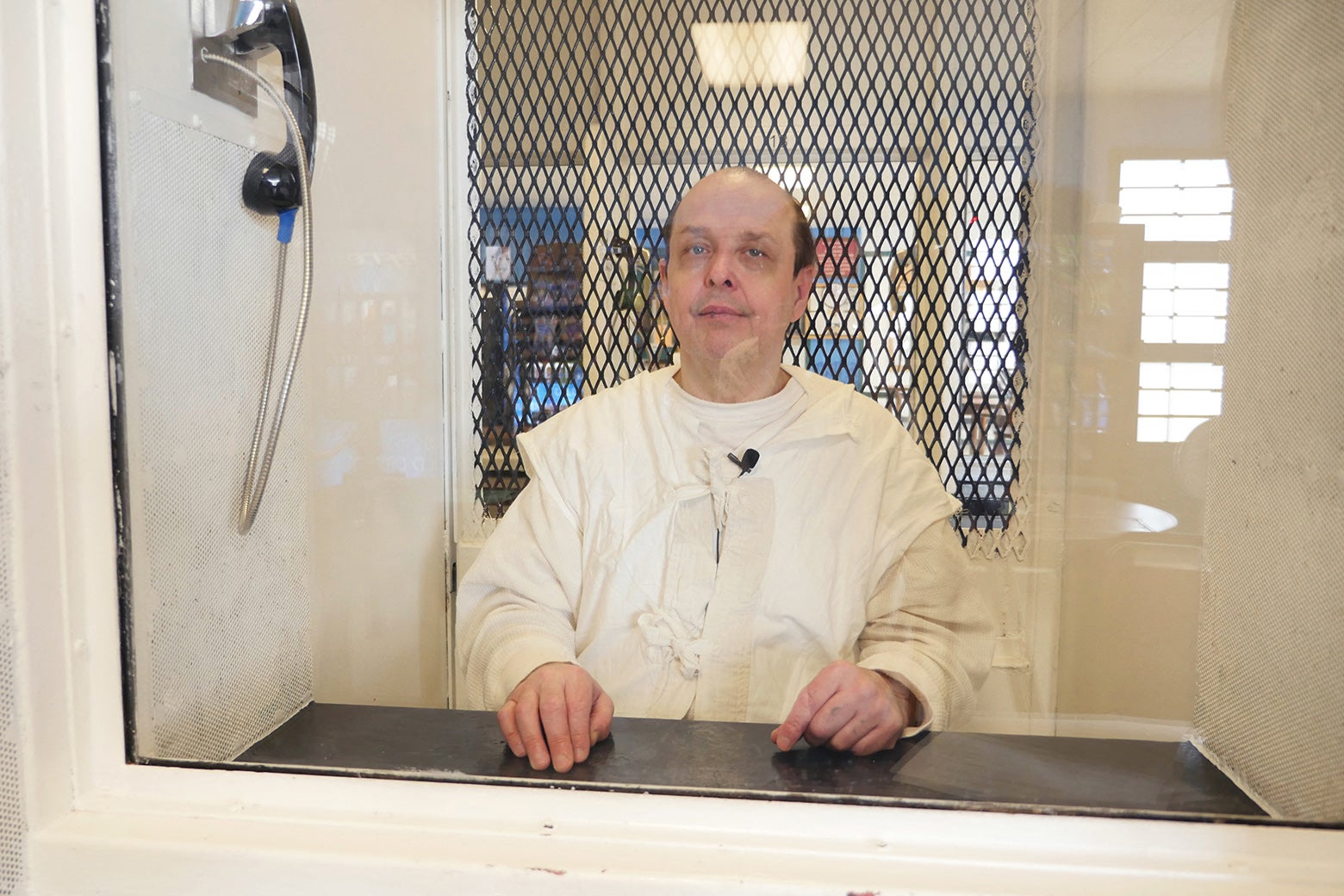
"More than 50 years ago, Supreme Court Justice Thurgood Marshall observed that the key issue in understanding public attitudes toward the death penalty is "not whether a substantial proportion of American citizens would today, if polled, opine that capital punishment is barbarously cruel, but whether they would find it to be so in the light of all information presently available." This information, Marshall predicted, "would surely convince average citizens that the death penalty was unwise.""
"Since he made that prediction, public support for capital punishment has dropped, driven in part by the widespread dissemination of information about the conviction of innocent people and racial discrimination in death sentencing. Another important factor in explaining this change has been publicity about high-profile cases in which the flaws in the death-penalty system have been apparent for all to see."
"We can add to that list the ongoing case of Robert Roberson, who is scheduled to be put to death in Texas on Oct. 16. Whether or not he is executed, what has happened to him is nothing short of scandalous. Even the death penalty's most ardent supporters should oppose his execution. If he is killed, it will only further erode public confidence in the integrity and reliability of America's death penalty."
Many Americans report support for capital punishment, but increased knowledge reduces that support. Thurgood Marshall argued that full information would show the death penalty to be unwise. Empirical studies since then show declining public support, fueled by revelations of wrongful convictions and racial bias in death sentencing. Publicity from high-profile flawed cases such as the executions of Todd Willingham and Troy Davis has sharpened public doubts. The case of Robert Roberson, scheduled for execution in Texas, exemplifies scandalous procedures and has prompted calls to oppose his execution. A fixed commitment to death as a sanction can blind people to clear injustices.
Read at Slate Magazine
Unable to calculate read time
Collection
[
|
...
]